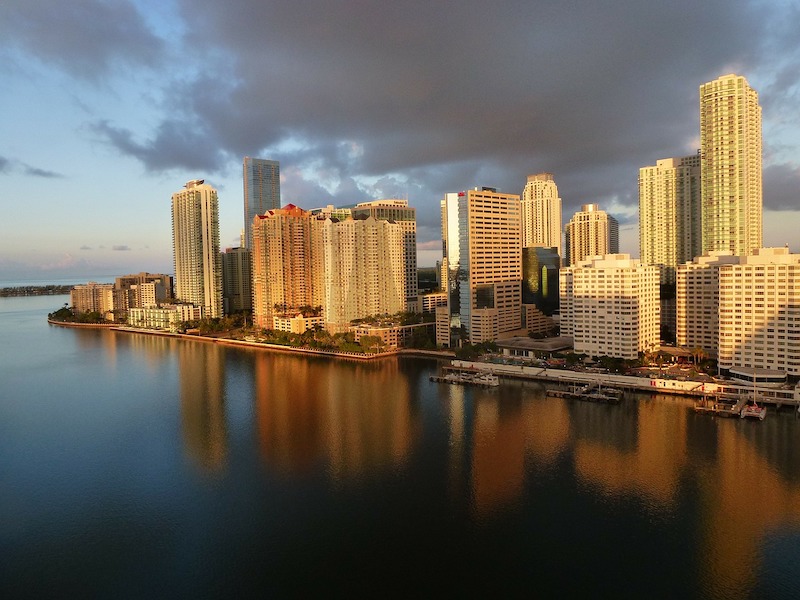The Champlain Towers South collapse in Surfside, Fla., could be a spark to ignite wholesale revisions to the state’s building codes similar to the effect of Hurricane Andrew.
It could take months to determine the cause of the deadly collapse, but consensus is growing that the tragedy will prompt action on what are some of the strictest building codes in the country. The disaster’s aftermath, some experts say, could be reminiscent of what happened after Hurricane Andrew, a category-5 cyclone that struck South Florida on Aug. 24, 1992, destroying more than 25,000 homes.
Florida’s building code was revamped following Andrew to construct more robust structures resistant to strong winds. The Surfside collapse could well lead to provisions that address sea level rise and growing hydrostatic pressure on structures. One option might be mandates for the use of corrosion-resistant rebars made of glass fiber reinforced polymers.
A new code might also have to contend with saltwater intrusion into the aquifer system that could render septic tanks and wells less viable. It might also have to address fair weather ‘King Tide’ flooding events.
Related Stories
Codes and Standards | Sep 22, 2021
Group proposes Carbon Use Intensity metric for new buildings
Plan would track embedded carbon on projects.
Codes and Standards | Sep 22, 2021
Illinois’s sweeping climate bill includes statewide stretch code, building electrification measures
Aims for zero-emissions power sector by 2045.
Codes and Standards | Sep 22, 2021
Cities need to step up flood mitigation efforts to save lives
Recent storms highlight climate change dangers.
Codes and Standards | Sep 21, 2021
Steps to improve ventilation for Covid can combat colds and flu
New look at airborne disease spread shows time viruses linger in air may have been underestimated.
Codes and Standards | Sep 15, 2021
USGBC will change leaders, conduct strategic review
Aims to ensure organization is ‘well positioned to scale its work in the post-pandemic world’.
Codes and Standards | Sep 15, 2021
LEED-certified offices earn higher rents than non-sustainable properties
Are also more resilient to dips in real estate market.
Codes and Standards | Sep 7, 2021
Boston turns to developer fees to fund flood protection infrastructure
Assessments on commercial properties will help build seawall and other protective measures.
Codes and Standards | Sep 3, 2021
Low-cost methods can have substantial impact on reducing embodied carbon
Whole-building design, material substitution, and specification strategies can slash carbon by up to 46%.
Codes and Standards | Sep 2, 2021
Case for power resiliency in buildings grows with more disaster and outages
Essential businesses like data centers, hospitals are first adopters of new storage systems.
Codes and Standards | Aug 31, 2021
UK industry group wants mandatory whole-life carbon assessments of buildings
Aims to address hidden emissions embedded in supply chains.

















